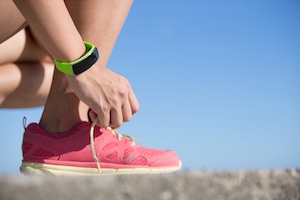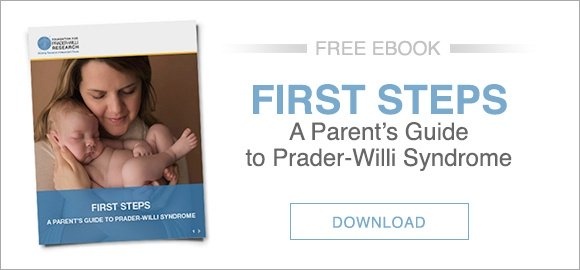 "Real-world data" and "real-world evidence" (RWD and RWE) are hot buzz words in the fields of healthcare and research. This is an emerging area of data acquisition and analysis, with the potential to transform clinical research and patient care. It is based in the idea of collecting data within the context of every day life. For example, understanding how a therapy is actually used by patients, not just how it is prescribed; or measuring biometrics (for example, heart rate, sleep, physical activity) during daily life, not just during physicals or site visits for clinical trials.
"Real-world data" and "real-world evidence" (RWD and RWE) are hot buzz words in the fields of healthcare and research. This is an emerging area of data acquisition and analysis, with the potential to transform clinical research and patient care. It is based in the idea of collecting data within the context of every day life. For example, understanding how a therapy is actually used by patients, not just how it is prescribed; or measuring biometrics (for example, heart rate, sleep, physical activity) during daily life, not just during physicals or site visits for clinical trials.
This type of information is being applied to better understand how patients live daily with disease burden, receive medical care, and access treatments in their own social context. In practice, we all contribute to the wealth of real world data on a daily basis. Wearable devices, smartphone technology, electronic health records, insurance databases, patient registries, and social media are all examples of ways in which patients participate in generating valuable real world data. The challenge lies in using this data to better understand medical issues, and improve patient care and health.
In many ways, the Prader-Willi syndrome community is primed to participate in this exciting field of work. PWS encompasses a broad spectrum of clinical, behavioral and mental health issues with opportunities for real-world data development that is transferable to other rare and common diseases. Several potential therapies are in development for treating appetite, behavioral disturbances, mental health, and cognition in PWS.
Incorporating RWD will help strengthen the development of quantifiable endpoints that are meaningful to the patient population. Real-world data tools open up the opportunity to conduct studies more readily in a geographically widespread population. In addition, the data will help us gain a better understanding of how existing clinical guidelines are being implemented and help guide research and standards of care.
Stay tuned for exciting news on how FPWR is mobilizing and engaging the PWS community to develop relevant and meaningful real-world data research and tools for PWS! Through a better understanding of the full spectrum of types of RWD acquisition, analysis, and application, our community can actively contribute to the development of RWD tools and research to improve the lives of our loved ones with PWS.








